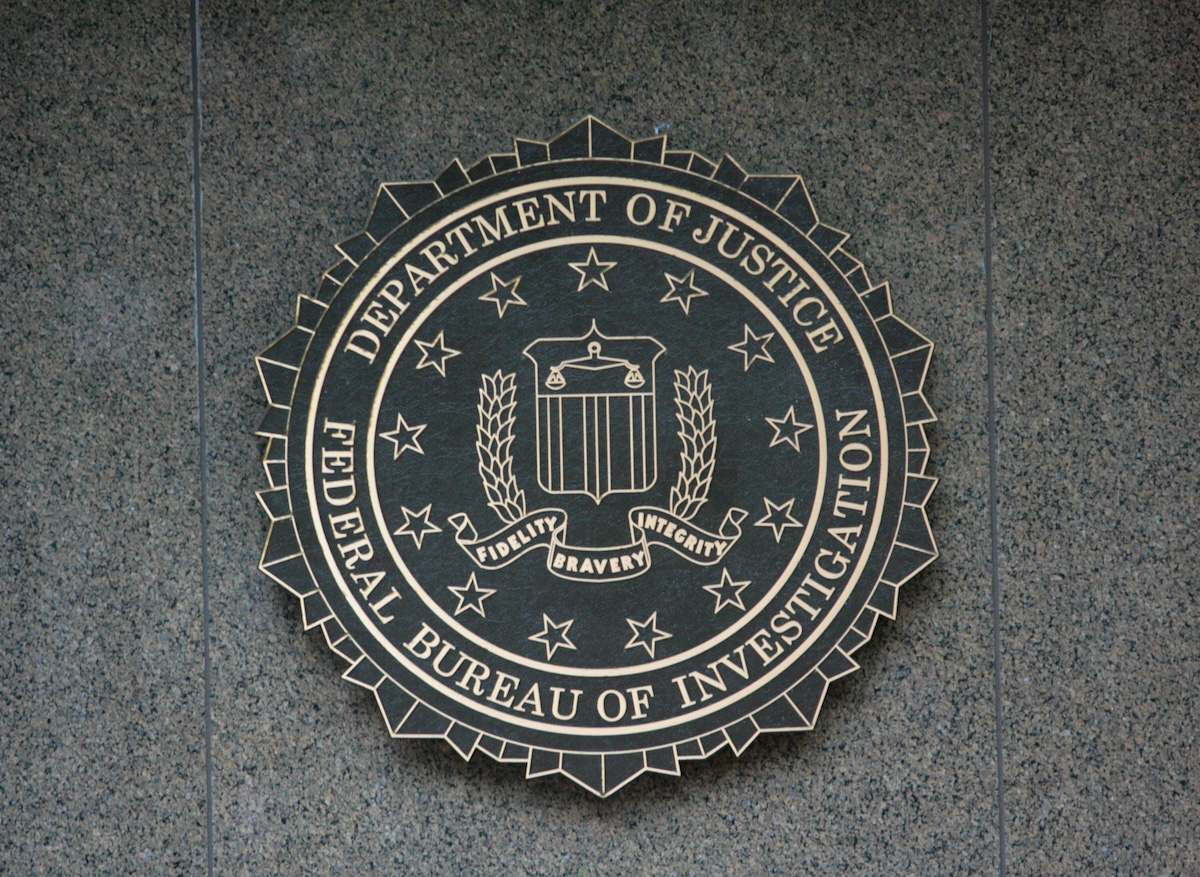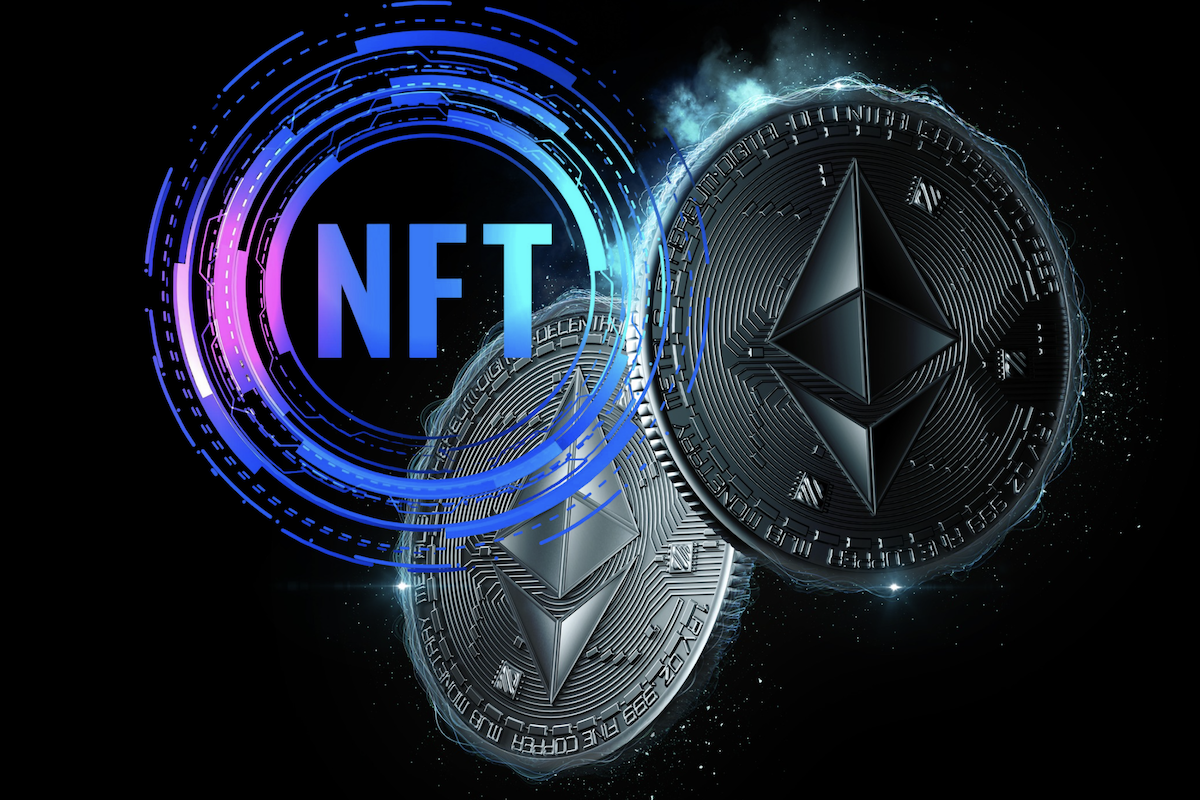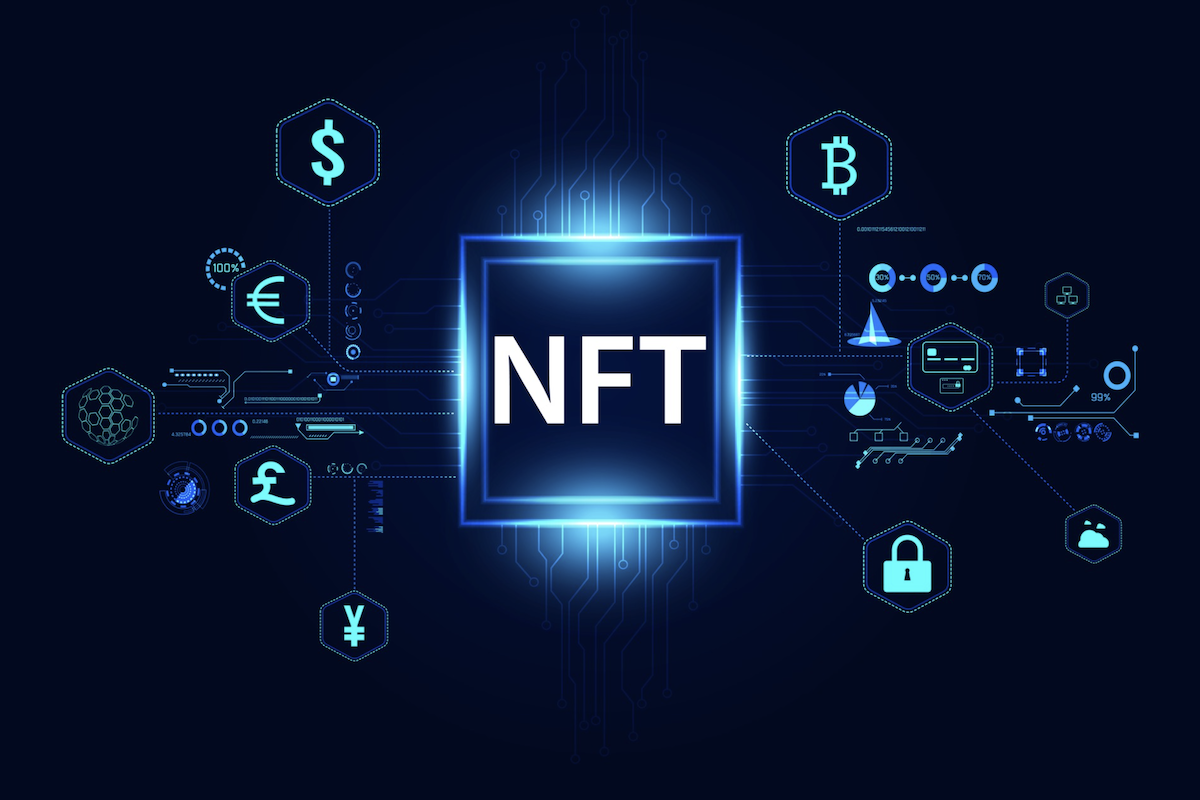South Korea's Crypto Interest Law Omits NFTs and CBDCs
South Korea's FSC introduces new regulations for digital asset investments, effective July 2024, focusing on interest accrual and enhanced security.

The Financial Services Commission (FSC) of South Korea has announced a series of new regulations targeting digital asset investments, set to be implemented by July 2024. These regulations require that investors earn interest on digital assets deposited into exchanges, though NFTs and central bank digital currencies (CBDCs) are not included in the new law.
The FSC highlighted that under certain conditions, NFTs, typically excluded, could be classified as virtual assets eligible for interest on exchanges if used as a payment method and issued in large quantities.
New Protocols for Virtual Asset Operators
The FSC's notice also specifies new protocols for virtual asset operators handling user deposits. Exchanges must separate user funds from their assets and entrust them to a bank, with a mandate that at least 80% of coins be stored in cold wallets to improve security.

Furthermore, the guidance addresses contingency plans for security breaches, requiring virtual asset service providers to have insurance or reserve funds. The law also limits suspending deposits or withdrawals, only permitting such actions under extreme necessity or legal directives.
As part of a broader effort to regulate the cryptocurrency space, South Korean financial regulators have been urging the public to report unlicensed crypto exchanges. This campaign, led by the Digital Asset Exchange Association and the Financial Intelligence Unit, signifies South Korea's dedication to a secure, regulated digital asset marketplace.
Final Thoughts
With the advent of blockchain technology, the scope of 'digital assets' has broadened to encompass various investable forms like cryptocurrencies, NFTs, and tokenized assets, including real estate. The term now commonly refers to assets underpinned by distributed ledger technology rather than just digital media files. The tokenization of tangible assets like real estate and commodities has led to evolving dynamics in digital asset marketplaces, with governments worldwide adapting to these changes in the digital asset space.





